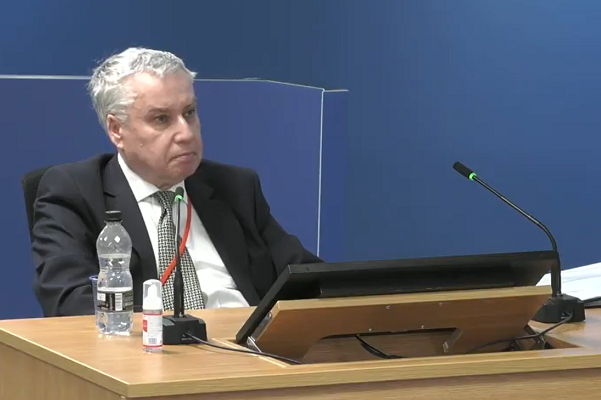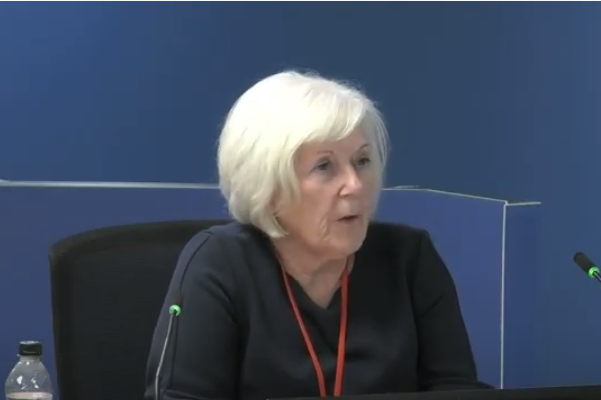You are viewing 1 of your 1 free articles
Hundreds of building control surveyor posts cut by councils since 2010, research reveals
The number of building control surveyors employed by councils has fallen by 27.4% in the past decade, new research by Inside Housing reveals.
Freedom of Information responses from 85 councils show that 707 surveyors were employed in December 2010, but this had fallen to 513 by December 2020. One council went from 10 surveyors to just two.
If the figure is replicated across the country, it would mean councils have lost in the region of 1,400 surveyors across the decade.
It comes as the country faces a major building safety crisis, with many buildings believed to have been incorrectly signed off as safe by inspectors.
John Hoban, the former surveyor for the Royal Borough of Kensington and Chelsea (RBKC), who signed off Grenfell Tower, cited the pressure created by a staff reduction from 12 to five at the council when grilled about errors at the inquiry into the fire last year.
The research carried out by Inside Housing shows that dozens of other authorities have also cut staffing levels in their building control departments, with some going even further than RBKC.
Trafford Council in the North West, for example, started the decade with 10 building control surveyors and by 2020 it had only two. Bexley Council in south-east London went from 11.6 full-time equivalent staff to 3.8. And Sunderland Council dropped from 11 to five.
Thirty-three of the local authorities to respond (38% of the total) have cut their teams by more than a third.
A handful of organisations (four in our survey) have closed their services completely – either moving into a shared arrangement with another council or outsourcing the work to a private provider.
The reductions follow a central government requirement from 2010 to make building control services ‘cost neutral’, alongside the freedom to set their own fees locally.
This was supposed to give councils the ability to create a self-funding service by setting fees that were competitive with private sector organisations, which can also be used by builders to sign off projects.
Geoff Wilkinson, managing director of Wilkinson Construction Consultants, said the fall may have been exacerbated as a result of retirements.
“It was obvious a few years ago that there was an age time bomb approaching, because when you looked at the number of surveyors over 50, you could see a large number were due to retire around now and recruitment had not been coming in to replace those people,” he said.
Lorna Stimpson, chief executive of the Local Authority Building Control (LABC), a representative group for local authority inspectors, says: “Has austerity touched local authority building control? I think austerity has touched all local authority services and that’s a bigger political issue.
“It is definitely something we are aware of at LABC, which is why we started over four years ago looking at performance standards and education. We are also recruiting people into public service building control and trying to keep them there – that has been an absolute priority for us.”
A spokesperson for Trafford Council said that the number of surveyors it employed had dropped “because of natural retirements” and “significant competition” from the private sector for staff. However, it added that it is “committed to developing a stronger in-house team” and that it plans to recruit more staff.
A spokesperson for Sunderland Council said that its reductions “reflected reviews and the remodelling of the council’s infrastructure, planning and transportation sections”.
Sign up for our fire safety newsletter
Already have an account? Click here to manage your newsletters




